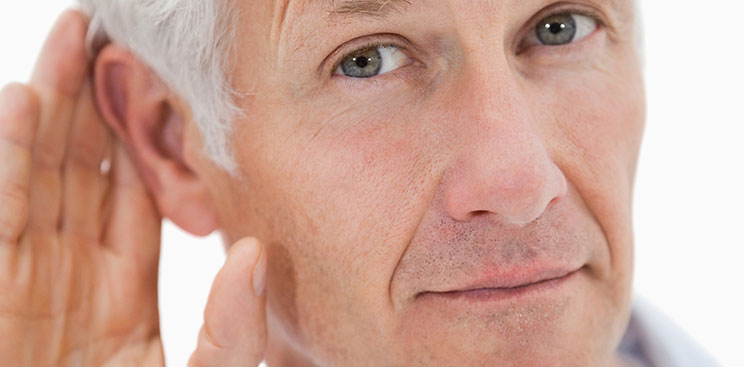Loss of Hearing May Become Commonplace Shortly

People may not realize this, but hearing loss is on the rise. In fact, in the near future, NOT being able to hear might soon become more normal than having regular hearing! Surprising?! As unsettling as this statement may seem, this may well be what the future holds for us.
The fact is that the demographics of this country indicate that hearing loss may be increasing due to a variety of factors. Firstly, the median age in America today is higher than it has ever been in the past due to improved life expectancies resulting from advanced health care. Hearing loss also seems to have a high prevalence in the older population in America, thus as the older population increases in number, so does the prevalence of hearing loss.
The National Academies of Sciences recently published a report which indicated that in the year 1900, only 4.1% of people in America were above 65 years of age, which amounted to slightly above 3 million adults. This same age range increased to 13.7% in 2012, and is expected to jump to 24% of the American population in 2060! In 2012 alone, the elderly population (65 years and older) amounted to around 40 million adults, so you can imagine the significant number of people that are expected to reach this age range by 2060!
Noise pollution has also increased over the years, which makes hearing loss a common problem these days. Not only is it a problem in the elderly population; even younger adults seem to be affected by hearing loss as a result of unsafe listening habits and working in noisy workplaces. Hearing loss may thus become the norm over the years, which may sound alarming at first, but this may also have some unexpected benefits.
The most important thing to notice is how people shy away from admitting to hearing loss. If loss of hearing becomes more common, it may also become widely accepted, thereby drastically reducing the stigma associated with being hearing impaired. This would encourage people to seek treatment for hearing loss earlier than they currently do. The average person with hearing loss currently waits for anywhere between 6 years to a decade before they actually seek treatment for their hearing loss! This may change once society becomes more accepting of hearing loss due to increased prevalence.
Another important benefit of increased hearing loss rates is the wider availability of treatment options at reduced costs. As a direct result of demand and supply, once the demand for hearing aids increase, the supply will also increase, which will most likely bring down production costs to make it more easily available and affordable for the general population. Insurance companies may also begin to cover costs of getting hearing aids more readily if the costs are reduced.
You may find that people increase the number of quiet spots in order to get some peace and quiet, once hearing loss rates increase! As awareness increases about the dangers of noise pollution, people may actually reduce the unnecessary noise that they expose others to on a daily basis. This means quieter background music at restaurants, quieter movies, sporting events, and other outdoor activities that generate a lot of noise.
With increased hearing loss, doctors may take control and make hearing exams a part of their general routine testing. This will help people get an early diagnosis in case they have hearing loss, and this can help treat their condition before it worsens and contributes to other adverse health effects such as diabetes, cardiovascular disease, and dementia.
Rise in hearing loss may also give birth to newer and more advanced hearing devices as people conduct more detailed research on the field of hearing loss. This will help bring more effective devices into the market that can involve sleeker and more powerful hearing aids as well as other new innovations in hearing health.
Lastly, once hearing loss increases, a lot of public areas will take more interest in providing hearing assistance. This will help improve assistive technologies such as hearing loop systems and closed captioning. Even though hearing loss is not something any of us look forward to, perhaps it is more prudent to be prepared for the worst while hoping for the best!
In any case it is always better to prevent hearing loss while you still can. This means taking good care of your hearing health by engaging in hearing protection regularly, such as using ear plugs before attending loud events, listening to music at lower volumes, using noise-cancelling headphones, and giving your ears a well-deserved break every now and then.
